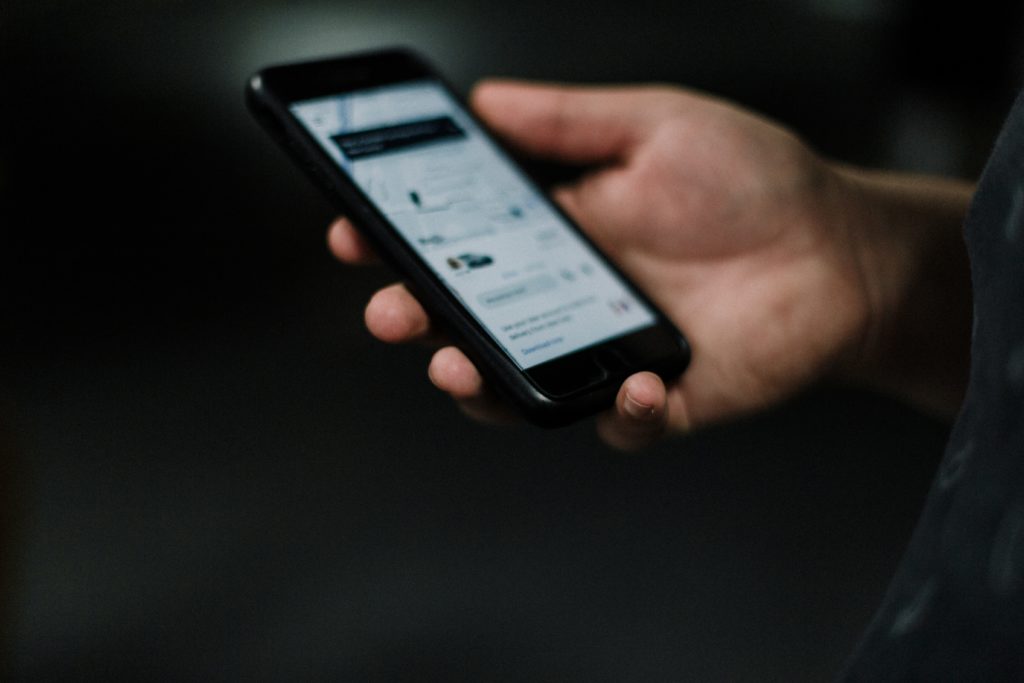Uber agreed to buy Grubhub for $7.3 billion, in a deal that signals the ride-hailing company is getting serious about food delivery.
Uber agreed to buy Grubhub for $7.3 billion on Thursday in a deal that signals the ride-hailing company is getting serious about food delivery.
Uber will pay $7.3 billion in stock and up to $500 million in additional payments if certain performance targets are met by 2022, the companies said in a statement Thursday morning after Bloomberg News reported on the news earlier Thursday morning. The deal comes after Uber CEO Dara Khosrowshahi asked Grubhub CEO Matt Maloney if he was interested in merging after the pandemic hit, according to Bloomberg’s sources.
Uber will pay $7.3 billion in stock.
The deal, which is expected to close by the end of this year, values Grubhub at $78 per share.
At that price, Grubhub will be raising its earlier target price range of $70-$80 a share before it agreed to sell shares to Delivery Hero SE in September 2015.
Uber sought to acquire the delivery service with cash and stock worth over $100 per share late last year but failed to reach an agreement on price due to disagreements over valuation and governance issues, according to people familiar with the matter who asked not be identified discussing confidential negotiations.
The deal comes after Uber CEO Dara Khosrowshahi asked Grubhub CEO Matt Maloney if he was interested in merging after the pandemic hit, Wall Street Journal reported.
The merger will combine two companies worth $100 billion and create a food delivery behemoth that controls 70% of the U.S. market and has a presence in 100 countries worldwide.
Grubhub is reportedly offering $3.35 per share for Seamless’ stockholders, valuing the company at nearly $2 billion more than it was valued at when it went public in 2014, according to The New York Times.
The acquisition marks an end to a long-running courtship between Uber and Grubhub, which had been competing aggressively until the pandemic hit, with discounts and customer giveaways.
Uber is getting serious about food delivery. The company has acquired Grubhub, the nation’s largest online and mobile food-ordering platform, for $3.5 billion in cash. Uber will also assume $1.1 billion in debt from Grubhub as part of the deal, which closed on Monday.
Uber’s acquisition of Grubhub marks an end to a long-running courtship between two of Silicon Valley’s largest companies—one that had been competing aggressively until the pandemic hit and took down most global economies with it. Discounts on ridesharing services were used as enticements to lure new customers; customer giveaways were doled out liberally by both companies; and each company sued their competitor over patent infringement (Grubhub eventually won).
Grubhub’s shares soared 25% to $68 on news of the deal.
The stock price of Grubhub soared Friday on news that the online food delivery service will be acquired by Yum Brands for $11.4 billion in cash.
Shares of Grubhub (GRUB), which had been steadily rising over the past year, leapt 25% to $68 a piece on Friday after news broke that the company agreed to be acquired by its larger rival Yum Brands (YUM). The deal values Grubhub at $66 per share, representing a premium over its closing price Thursday evening and an estimated 2% increase from its previous record high reached in June 2018.
The acquisition is expected to close during the first half of 2020.
This is a sign that food delivery is going to be huge.
This is a sign that food delivery is going to be huge. Uber’s plan is to get serious about food delivery, and they’re making a big splash by acquiring Grubhub.
Grubhub also owns restaurant reservation site Reserve; Delivery Hero (another international food delivery service); LevelUp (the payment platform used by many restaurants); Foodpanda (a global player); Allmenus (an online resource for chefs); MenuPages (an online menu guide for 18 major cities); DineIn; Tapingo; StudentChef; Delivered Dish; Eat24Now; Eatability; EatStreet etc., so Uber will have access to an incredible amount of data and infrastructure around restaurants, eating habits and how people order their meals from home or at work.
Conclusion
This is a sign that food delivery is going to be huge.
